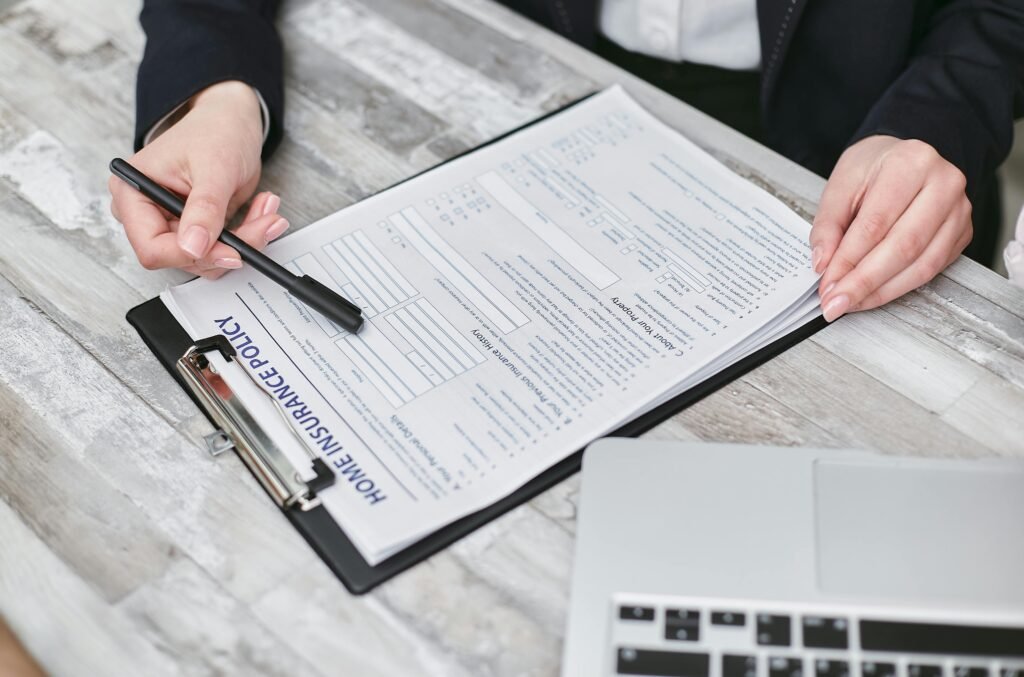Welcome to the world of tech policy and laptops! Navigating the rules and regulations surrounding technology can be quite daunting, especially when it comes to the use of laptops. From understanding security measures to managing software updates, there are a myriad of complexities to consider. In this article, we will explore the ins and outs of tech policy for laptops and provide you with essential tips to help you navigate this intricate landscape with ease. Whether you’re a student, professional, or simply a tech enthusiast, understanding and following tech policy guidelines for laptops is crucial in today’s digital age.
Navigating the Complexities of Tech Policy for Laptops
Have you ever found yourself overwhelmed by the myriad of rules and regulations surrounding the use of laptops in your workplace or educational institution? Fear not, as this article aims to demystify and simplify the complexities of tech policy for laptops.

This image is property of images.pexels.com.
Understanding Tech Policy
Tech policy refers to the set of rules and guidelines that govern the use of technology, including laptops, in a particular setting. These policies are put in place to ensure the security, productivity, and efficiency of individuals and organizations. Understanding tech policy is crucial to avoid any violations and ensure smooth operations.
Importance of Tech Policy
Tech policy plays a vital role in setting boundaries and standards for the use of laptops in various contexts. It helps prevent security breaches, promotes responsible technology usage, and protects sensitive information. By adhering to tech policy, you contribute to a safer and more productive environment.

This image is property of images.pexels.com.
Different Types of Tech Policies for Laptops
There are several types of tech policies that may apply to the use of laptops in different settings. Some common policies include:
- Acceptable Use Policy: Defines the acceptable ways in which laptops can be used within an organization or institution.
- Security Policy: Outlines measures to protect laptops and sensitive data from cyber threats and unauthorized access.
- Bring Your Own Device (BYOD) Policy: Regulates the use of personal laptops for work or educational purposes.
- Data Protection Policy: Establishes guidelines for the storage and transmission of sensitive information on laptops.
Understanding the specific tech policies that apply to laptops in your environment is essential to ensure compliance and avoid any potential risks.
Compliance with Tech Policy
Compliance with tech policy is crucial to maintain a safe and secure computing environment. Failure to adhere to policy guidelines can result in serious consequences, such as data breaches, security incidents, and legal issues. By complying with tech policy, you contribute to a culture of accountability and responsibility.

This image is property of images.pexels.com.
Best Practices for Laptop Use
To ensure compliance with tech policy and promote a safe computing environment, it is essential to follow best practices for laptop use. Some recommended practices include:
- Regularly updating software and security patches to protect against vulnerabilities.
- Using strong passwords and enabling encryption to safeguard sensitive data.
- Avoiding the use of unauthorized software or accessing unsecured networks to prevent security risks.
- Backing up important files and data regularly to prevent data loss in case of hardware failure.
- Reporting any suspicious activity or security incidents to the appropriate authorities for prompt action.
By following these best practices, you help maintain the integrity and security of your laptop and contribute to a safer computing environment for yourself and others.
Tech Policy Considerations for Remote Work
In today’s increasingly remote work environment, tech policy has become more important than ever. When working remotely with laptops, it is crucial to consider the specific tech policy guidelines that apply, such as:
- Secure access to company networks and resources through VPN connections.
- Compliance with data protection regulations when handling sensitive information outside the office.
- Adherence to software usage policies to ensure consistency and security.
- Reporting any security incidents or breaches promptly to mitigate risks.
By understanding and abiding by tech policy considerations for remote work, you can ensure a seamless and secure transition to a remote work setup with your laptop.
Creating a Personal Laptop Policy
If you are a business owner, manager, or educator, creating a personal laptop policy can help streamline operations and ensure compliance with tech policy among employees or students. When creating a personal laptop policy, consider including the following components:
- Acceptable use guidelines for personal laptops in the workplace or educational environment.
- Security measures, such as password requirements and encryption protocols, to protect sensitive data.
- Reporting procedures for lost or stolen laptops to mitigate security risks.
- Remote access policies to ensure secure connectivity for remote work or learning.
- Data backup and recovery protocols to prevent data loss and minimize downtime in case of hardware failure.
By establishing a personal laptop policy tailored to your organization or institution’s needs, you promote a culture of accountability and responsibility among laptop users and ensure compliance with tech policy guidelines.
Conclusion
Navigating the complexities of tech policy for laptops may seem daunting at first, but with a better understanding of the importance, types, and compliance requirements of tech policy, you can confidently use your laptop in any setting. By following best practices, considering policy considerations for remote work, and creating a personal laptop policy, you contribute to a safer and more productive computing environment for yourself and others. Remember, when it comes to tech policy for laptops, knowledge is power, and compliance is key.
